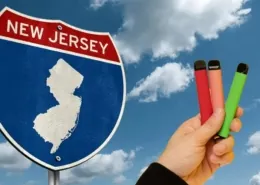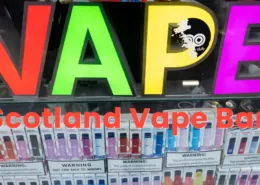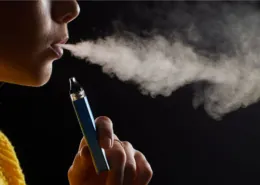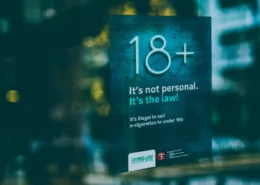Massachusetts Flavored Tobacco Ban Leads to Jail Time
In 2020, Massachusetts became the first US state to implement a comprehensive ban on all flavored tobacco products, including menthol cigarettes and flavored e-cigarettes. A recent case involving a vape shop owner has brought to light the serious criminal consequences of violating this ban, as predicted by criminal justice reform advocates.
The Case
Ashraf Youssef, a 62-year-old owner of AAA Smoke and Vape Shop in Marlborough, Massachusetts, has pleaded guilty to three counts of attempted tax evasion arising from the sale of e-cigarettes brought in from out of state. He has been sentenced to six months in the House of Correction and five years of probation.
While violation of the flavor ban itself is a misdemeanor, selling flavored tobacco products on the illicit market simultaneously violates state tax law, which carries much harsher penalties. In Massachusetts, evading taxes on tobacco products is a felony punishable by up to five years in prison.
Policy Implications and Debates
The case highlights the complex policy implications of flavor bans. Advocates of these bans typically focus on the potential public health benefits and tax revenue generated. However, new research suggests that bans on flavored e-cigarettes may have the unintended consequence of increasing sales of conventional cigarettes, potentially offsetting any public health gains.
Moreover, the criminal justice consequences of flavor bans cannot be ignored. The prospect of police stakeouts to catch retailers selling forbidden flavors to consenting adults and the imprisonment of individuals like Youssef raises serious questions about the proportionality of punishment and the prioritization of law enforcement resources.
Conclusion
The case of Ashraf Youssef serves as a stark reminder that flavor bans on tobacco products can lead to serious criminal consequences, as predicted by criminal justice reform advocates. As more states consider similar bans, policymakers must carefully weigh the potential public health benefits against the risks of creating new illicit markets and criminalizing behavior that many may view as a matter of personal choice.
The outcomes in Massachusetts demonstrate that warnings about the criminal justice implications of flavor bans are not mere hypotheticals but a sobering reality that demands careful consideration in the ongoing debate over tobacco regulation.
- Bestselling Vapes in UK After Disposable Ban: What to Stock 2025 - August 8, 2025
- Argentina Debates Stricter Vape Laws Amid Prohibition Failures - August 8, 2025
- Nigeria Advocacy Group Urged to Hike Tobacco & Vape Tax by 100% - August 8, 2025








